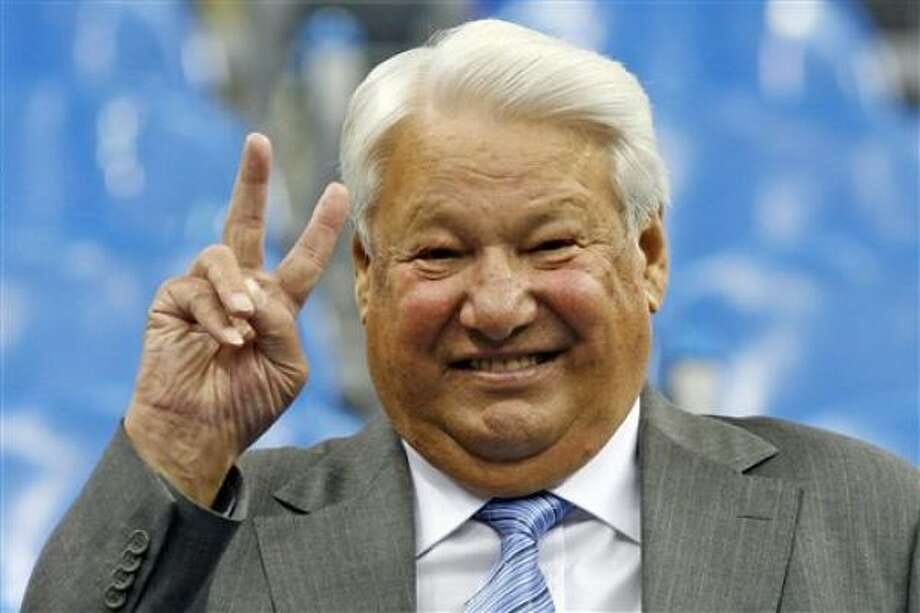The Rise and Fall of the Partnership for Peace, pt. 4
Fourth part of a series about post-Cold War US-EU-Russia diplomacy
Hi everyone. Apologies for my slow pace lately. I had a brief but serious health issue to deal with, and I’m still a bit weary from it. I paid too much attention to politics in the week or two around the election, but fortunately that fever seems to have passed as well. I am preparing a longer post/episode on an aspect of comparative mythology (I needed a palate cleanser to get rid of all the political detritus that’s been on my mind lately). That episode, though, seems to get longer and more complex every time I sit down to work on it. I foolishly thought that I would finish it today, only to find after a few hours that I was further away than when I started, even though the post was several pages longer. At that point, I realized it’s going to take a little more time, and I had better get something out to you guys before you decide to send your $5 elsewhere. This one is a little shorter than the earlier posts on the topic, I hope you don’t mind.
America’s diverse polity has long been an obstacle to maintaining a coherent foreign policy based on national interest. New England almost seceded over the War of 1812 against the British. Irish-Americans were ambivalent about backing the Entente in World War 1 at a time when Britain was suppressing the Irish independence movement. The German-American Bund had their own reservations about our participation in World War 2. Jewish-Americans have helped ensure America’s one-sided position on all questions regarding Israel. Cuban-Americans’ heavy presence in a US presidential swing state (at least until recently) guaranteed our belligerence toward Cuba outlasted the Cold War that gave it relevance.
Throughout most of American history, these bumps were smoothed over by the collective interests of an old WASP eastern establishment. Families with names like Rockefeller, Harriman, Vanderbilt, and Mellon competed with each other, but understood themselves as proprietors of American and acted in many ways like a cohesive ruling class. The foreign policy of the United States reflected their interests, and their interests, they might have said, were identical to those of the country. Immigrant groups were free to voice their demands for a say in American policy toward their old homelands, but their wishes were never decisive unless they aligned with the interests of the WASP ruling class.
That class breathed its last during the 1960s, as it was delegitimized by Vietnam and the cultural revolution. The last Rockefeller of any consequence died in 1979, and all that’s left of the old eastern establishment are a bunch of charities administered in the name of do-nothing heirs and heiresses. That has left the field open for any tightly-organized and well-funded group to hijack the American ship of state, or at least the part of it that dealt with their pet issue. In the 1990s, American voters of Central and Eastern European extraction were used to bludgeon to death any hope of peace with Russia after the Cold War. As M.E. Sarotte writes:




